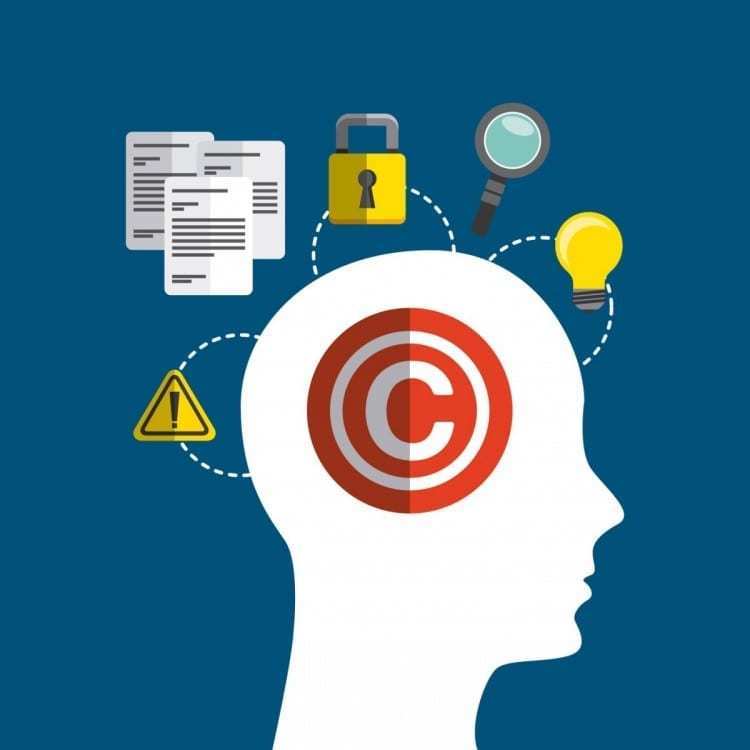CAN THE NEW EUROPEAN UNION COPYRIGHT LAW AFFECT THE FLOSS ECOSYSTEM?
Last Tuesday, 26th March, the European Parliament approved articles 11 and 13 (now 15 and 17) “about copyright in the digital single market”, with 348 votes in favor versus 274 against.
With the approval of these articles, platforms such as Twitter, Facebook, Instagram or YouTube will have to establish copyright filters to the content that is shared in them. If the publications are subject to copyright and do not have the according permission, they will be blocked automatically by the social network. However, it has been clarified that those comic and humorous content are exempt, therefore, memes may continue to be published by users without restrictions.
Most large platforms have positioned themselves against these measures, as they worry that the Internet will become a less creative place. In any case, others such as YouTube, which have already implemented filters to protect copyright, have realised that these do not work 100%, and should therefore develop new more effective filters, taking into account that the consequences of uploading content with copyright without permission, will fall on the platform and not on the user. An example of this is the statement published by Raegan McDonald, Director of Mozilla in Europe.
The small platforms also reject the approval of the law articles, since they say they fear that only large platforms can afford to create and establish these filters.
The conclusion of this is that a strict control is expected to be imposed on the information that is shared on the Internet.
HOW DOES THIS AFFECT THE FLOSS ECOSYSTEM?
Faced with this decision by the European Parliament, many platforms and companies that use and provide Free Software and Open Source services, have positioned themselves against the approval of these articles. This is because this resolution imposes those portals in which code is published to establish mechanisms that indicate copyright violations. Therefore, it implies that developers might have to resort to filtering if they host content outside of portals that develop and distribute open source software.
The problem stems from the fact that all those projects that depend on Open Source can fail as a consequence of these filters, making the rest of the services dependent on it not to work.
On the other hand, there is the difficulty of implementing an automated filtering system that works perfectly against copyright violations, since up till now, YouTube platform was the most complete and, even so, it gave many “false positives” “. This causes a lot of content that does not infringe copyright to be blocked. This automated system would make the software less reliable and more expensive, which would lead to a reduction in innovation.
We leave here the tweets published by David Bravo, a lawyer specialized in computer law and intellectual property. To follow the thread click on the image.
GitHub, software developer and repository of source code, shared their opinion in its official Blog pointing out that “although some elements of the Copyright Directive, such as the protection of the public domain and the facilitation of access to non-commercial work, are a positive step towards updating the legal framework to better reflect today’s digital world, Articles 11 and 13 (now 15 and 17), in the platform’s view “would undermine the protections that have made the Internet a proper place to collaborate creatively and access knowledge, for all types of content, not only software code”.
The Free Software Foundation Europe (FSFE) and OpenForum Europe, created in September 2017 a White Paper on the impact of this reform of the European Union on the FLOSS community. In addition, through the conclusions of this White Paper, they created the letter “Open Letter to Secure Free and Open Source Software Ecosystem in the EU Copyright Review” with the objective of collecting signatures in support of the initiative. Currently, it has been signed by companies such as GitHub, the map provider Mapbox, Debian GNU – Linux, OpenSuse, among others.


